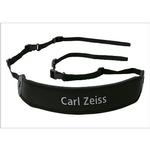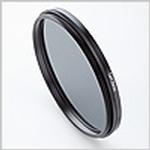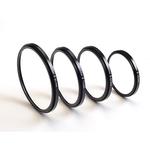Zeiss Touit 12mm f/2.8 Ultra Wide Angle Lens for X Mount Cameras - Black
Zeiss
Product # ZSL2030527MFR #2030-527ASIN: ZSL2030527
ZeissProduct # ZSL2030527MFR #2030-527ASIN: ZSL2030527
0.0(0) reviews
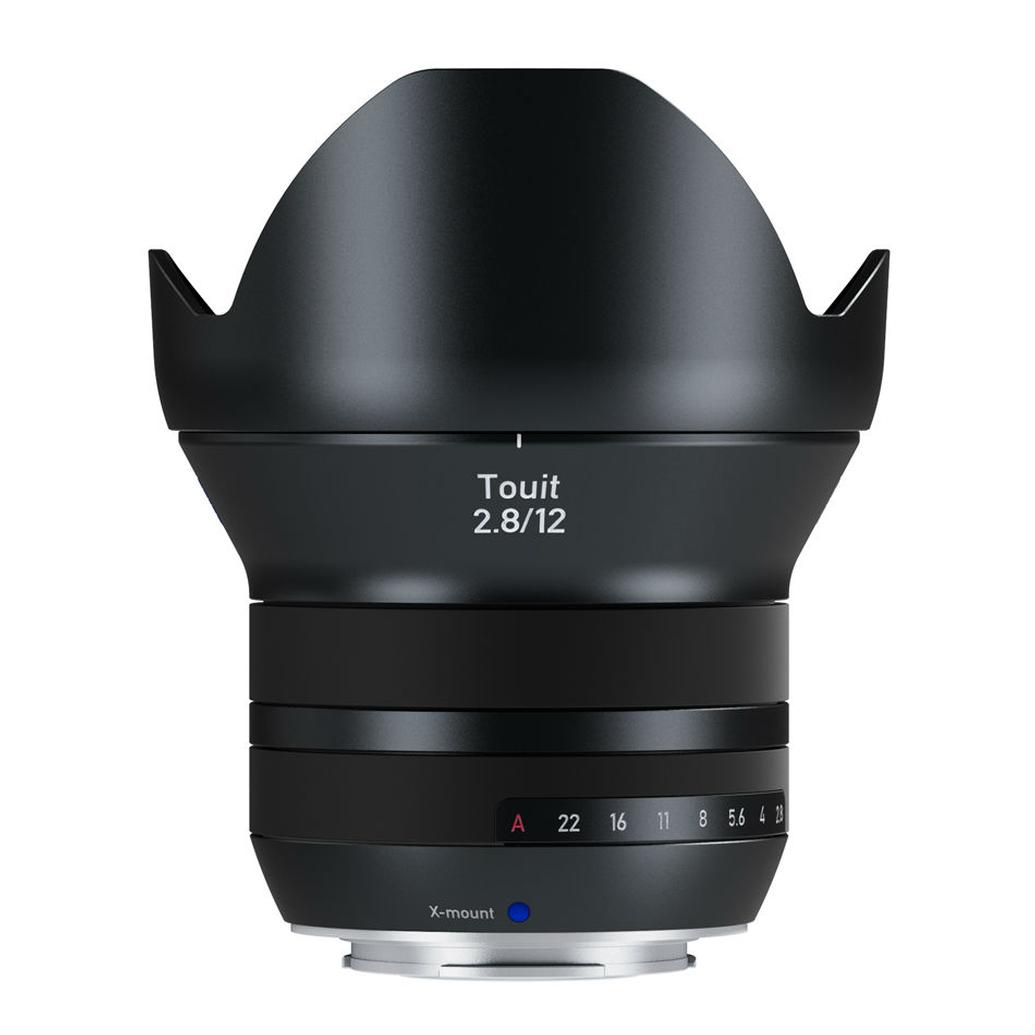
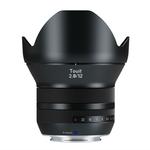
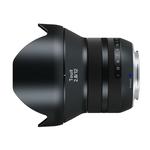
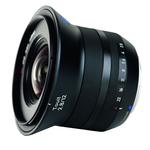
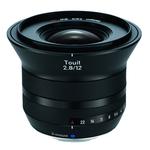
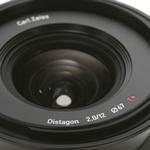
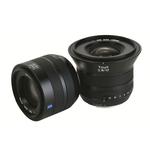
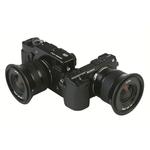
Usually Ships 1-3 weeks.
$999.00
999 U-REWARDS
Key Features
- Carl Zeiss T anti-reflective coating
- Aperture Range of f/2.8-f/22
- Aspherical Design
- 11 Elements in 8 Groups
- For Fujifilm X-Mount cameras
Usually Ships 1-3 weeks.
$999.00
999 U-REWARDS
Have any questions?1-800-631-0300
Recommended Accessories
Overview
As far as the eye can see
Thanks to the combination of one of the widest fields of view in APS-C format photography with fantastic imaging performance and light weight, this lens makes wide-angle photography even more fascinating.
With an angle of view of 99 degrees, the Touit 2.8/12 wide-angle lens will soon become a firm favourite, particularly for landscapes and architectural photography. Its unique T* multicoating guarantees maximum transmission and outstanding absorption of extraneous light. The result: breathtaking image quality from edge to edge and corner to corner of the entire image field. What’s more, all moving parts of the Touit 2.8/12, conceived specifically for Sony NEX and Fujifilm X Series cameras, are engineered for extreme precision and a long working life. And finally, its strong and rigid metal bayonet mount makes it an absolutely dependable companion for many years to come.
Design
When the angle of view becomes extreme, the retrofocus design of the Distagon lens can also be the ideal choice when the camera is not an SLR. Distagon lens types possess the low, image-sided, raypath angles that are particularly favourable for use with digital image sensors and also guarantee an extremely homogeneous distribution of brightness across the image field.
Innovative product design
Innovative product design to ensure superior handling and fulfil the most stringent aesthetic expectations. ZEISS lenses are among the winners of the several thousand products entered for prominent design awards. The unmistakeable new product design is based on an integrative concept and focuses on essential functional elements. Even the lens hood, typically an accessory, is seamlessly integrated into the overall design. The metal bayonet mount guarantees extreme rigidity and rubberised setting rings enable precise manual control when needed. Flush-fitting, satinised surfaces visualise the optical and mechanical precision of each lens.
Aspherical design
The aspherical lens design ensures consistent imaging performance throughout the entire focusing range as well as sharpness to the periphery of the image. The asphere's more complex surface profile can reduce or eliminate spherical aberration and also reduce other optical aberrations compared to a simple lens.
Floating Elements Design
Today’s camera technologies and high-resolution sensors demand continuous improvement of lens performance. Thanks to the use of the latest floating element design principles, optical aberration effects in ZEISS lenses are reduced to a minimum throughout their entire focusing range. This is achieved by variation of the axial distance between individual lens elements or groups. This adjustment of the lens-to-lens distance is coupled to the distance setting to ensure correct compensation at all times. The mechanical construction of these lenses is extremely complex and they must be assembled with utmost precision – both of which are key competencies of ZEISS.
Excellent resolution and high contrast
Rich, vibrant colors are vital to creating a lasting impression. Stray light in the lens, however, would lead to a brightening of the image, which is particularly visible in shadow areas. Image contrast is lowered; the image appears dull and bleached. We combine various, elaborate techniques to reduce unwanted stray light.
Carl Zeiss T anti-reflective coating
The optical elements of ZEISS lenses feature T anti-reflective coating on all surfaces and an optical design that guarantees images of superior brilliance at all times, even in unfavourable lighting conditions. We apply the anti-reflective coating to the lens surfaces by the vapour deposition of extremely thin, transparent layers on the glass. In this process, special substances are vaporized with extremely high energy in a high-vacuum environment and are subsequently deposited on the glass surfaces, one after another, as layers with precisely controlled thicknesses to achieve the desired reduction of reflective properties. The first coating techniques were employed by Carl Zeiss as long ago as in the 1930s.
Brand
(Zeiss)
brand
| Brand | Zeiss |
lens specification
| Lens Filter Size | M 67 x 0.75 |
| Minimum Aperture | f/22 |
| Elements / Groups | 11/8 |
| Lens Type | Wide-Angle |
| Angle of View (diagonal) | 99 degrees |
| Maximum Aperture | f/2.8 |
| Mount Type | FujiFIlm X Mount |
lens
| Focusing Range | 0,18 m (0.59 ft) – ? |
| Focal Length | 12 mm |
physical specifications
| Dimensions | (With Cap) E: 81 mm (3.19?) X: 86 mm (3.39?) |
| Weight | E: 260 g (0.57 lbs) X: 270 g (0.60 lbs) |
| Color | Black |
0 Reviews
You may also like
© 2025 Unique Photo All Rights Reserved.
© 2025 Unique Photo All Rights Reserved.
